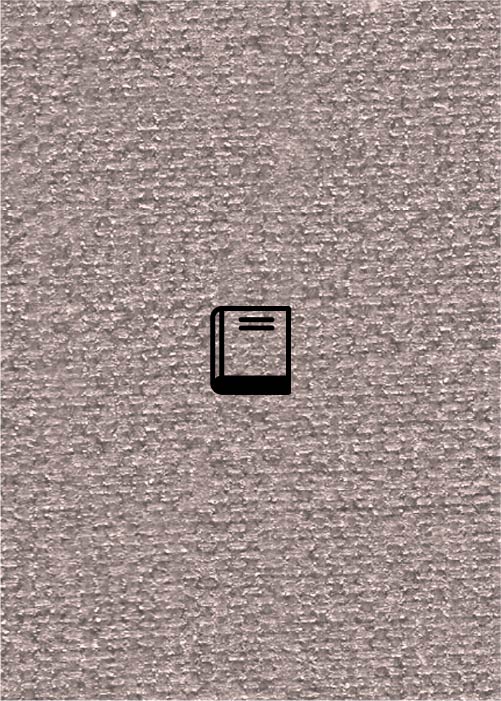(425 results found)

Robert Lachmann: his Achievement and his Legacy
… (Berlin 1892- Jerusalem 1939), the founder of comparative musicology and one of themost important researchers of Near East and Far East music. He began his research in Berlin where he helped to … Research Centre … 37371 … 100-108 … Jerusalem … The Magnes Press, The Hebrew University … Yuval Studies … … 1971 … …

The term "musiqa" in Medieval Hebrew Literature (supplement to the article published in Yuval I)
… the 8th century. … 1 … 1 … 2 … Yuval Studies of The Jewish Music Research Centre … Yuval Studies of The Jewish Music Research Centre … 37370 … 29-39 … Jerusalem … The Magnes Press, The Hebrew University … Yuval Studies … 2 … 1971 … …

The Reliabililty of Oral Transmission: The Case of Samaritan Music
… the attempt to locate the most-reliable version. Samaritan music lends itself well to the examination of these issues- … consistency. … 1 … 1 … 2 … Yuval Studies of The Jewish Music Research Centre … Yuval Studies of The Jewish Music … Research Centre … 37368 … 109-135 … Jerusalem … The Magnes Press, The Hebrew University … Yuval Studies … … 1974 … Oral …

The Hasidic Dance- Niggun: A Study Collection and its Classificatory Analysis
… are appended. … 3 … 3 … 2 … Yuval Studies of The Jewish Music Research Centre … Yuval Studies of The Jewish Music Research Centre … 37364 … 136-266 … Jerusalem … The Magnes Press, The Hebrew University … Yuval Studies … … Hassidim … …

"En Kol"- Commentaire hebraique de Shem Tov ibn Shaprut sur le Canon d' AvicenneI
… In this piece Ibn Sina deals with the connection between music and the pulse. … 2 … Yuval Studies of The Jewish Music Research Centre … Yuval Studies of The Jewish Music … Research Centre … 37360 … 267-287 … Jerusalem … The Magnes Press, The Hebrew University … Yuval Studies … … Middle Ages …

Le Niggûn Merôn
… The Klezmer musicians of the Ultra-Orthodox communiity in Jerusalem, … of the ethnographic problems the article deals with musical aspects: performance practice, structure, scale and … Research Centre … 37354 … 73-114 … Jerusalem … The Magnes Press, The Hebrew University, and RCA Victor … ISC 0503 … …

Paradigms of Arabic Musical Modes in the Genizah Fragment Cambridge T.S. N.S. 90,4
… have been found so far in the Cairo Genizah concerning musical science. One of those documents is presented here … using Hebrew letters) includes a verbal explanation of musical examples or three ancient Arabic finger modes known … Research Centre … 37346 … Nov-28 … Jerusalem … The Magnes Press, The Hebrew University … Yuval Studies … … Maqam … …

The Titles of the Psalms- A Renewed Investigation of an Old Problem
… of the titling process. … 2 … Yuval Studies of The Jewish Music Research Centre … Yuval Studies of The Jewish Music Research Centre … 37342 … 29-123 … Jerusalem … The Magnes Press, The Hebrew University … Yuval Studies … … 1982 … …

A Jewish Sufi on the Influence of Music
… treatise “Al Murhid ila al- tafarrud” includes fragments of musical scores. The entire piece, dated here to the 14th … Islamic Sufism and mystical speculations. Sufi ideas about music influenced Jewish- Egyptian Pietists especially during … Research Centre … 37338 … 124-130 … Jerusalem … The Magnes Press, The Hebrew University … Yuval Studies … … 1982 … …

Heinrich Schalit and Paul Ben-Haim in Munich
… An interest in Jewish music was awakened in pre-1933 Munich, beginning with Cantor … ancient elements of Synagogue chant and eliminating Jwish music's foreign elements. Composer Heinrich Schalit … Research Centre … 37334 … 131-149 … Jerusalem … The Magnes Press, The Hebrew University … Yuval Studies … … Choirs, …


